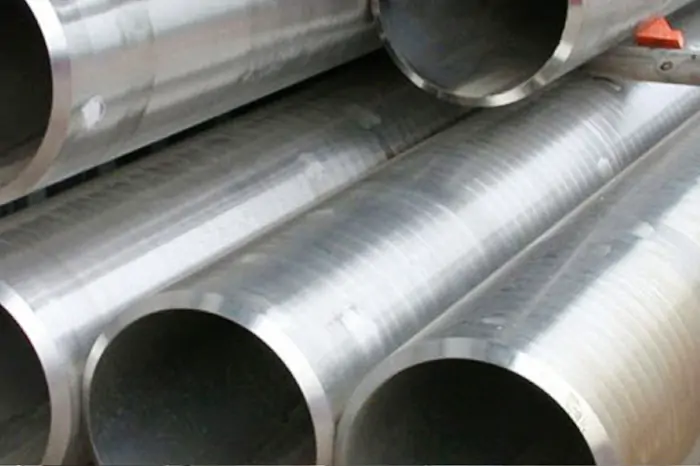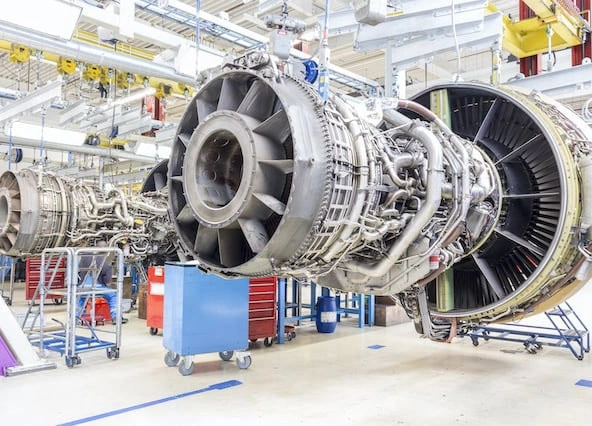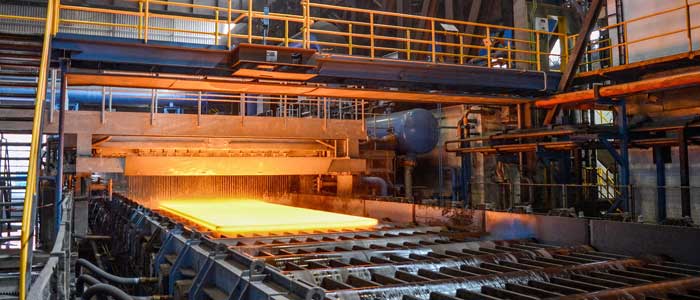In today’s industrial landscape, the demand for materials that can withstand the harshest environments is ever-increasing. Whether it’s the oil and gas industry, marine applications, or chemical processing, the need for ultra-corrosion-resistant alloys has never been more critical. These high-performance materials offer unparalleled protection against corrosion, ensuring longevity and reliability in extreme conditions.
Corrosion is a natural process that deteriorates materials through chemical reactions with their environment. For industries relying on metal components, corrosion can lead to significant financial losses, safety hazards, and operational disruptions. Thus, the importance of using corrosion-resistant materials cannot be overstated.
The Basics of Corrosion
Corrosion occurs when metals react with environmental elements such as oxygen, moisture, and chemicals. This reaction results in the gradual degradation of the material, leading to weakened structural integrity. The most common form of corrosion is rusting, which occurs in iron and steel when exposed to moisture and oxygen.
Economic and Safety Implications
The economic impact of corrosion is staggering. Industries spend billions annually on repairs, replacements, and maintenance due to corrosion-related damage. Additionally, corrosion can pose severe safety risks, leading to accidents and equipment failures if not properly managed.
What Are Ultra Corrosion-Resistant Alloys?
Ultra corrosion-resistant alloys are specially engineered materials designed to withstand aggressive environments that would typically degrade standard metals. These alloys combine various metals and elements to enhance their resistance to corrosion, making them ideal for use in challenging conditions.
Key Components of Corrosion-Resistant Alloys
- Chromium: Often used in stainless steels, chromium forms a protective oxide layer on the metal’s surface, preventing further corrosion.
- Nickel: Enhances resistance to oxidation and corrosion, particularly in high-temperature applications.
- Molybdenum: Increases resistance to localized corrosion such as pitting and crevice corrosion.
- Copper: Adds resistance to atmospheric and seawater corrosion.
Common Types of Corrosion-Resistant Alloys
- Stainless Steel: Known for its chromium content, stainless steel is a versatile alloy used in numerous applications.
- Inconel: A high-performance alloy primarily composed of nickel and chromium, ideal for high-temperature and high-stress environments.
- Monel: An alloy of nickel and copper, offering excellent corrosion resistance in marine environments.
Benefits of Using Ultra Corrosion-Resistant Alloys
Longevity and Durability
One of the most significant advantages of using ultra corrosion-resistant alloys is their extended lifespan. These materials are engineered to withstand harsh environments, reducing the need for frequent replacements and maintenance. This longevity translates to cost savings and increased operational efficiency.
Enhanced Safety
By minimizing the risk of material failure due to corrosion, ultra-corrosion-resistant alloys contribute to safer working environments. They reduce the likelihood of accidents caused by structural weaknesses, ensuring the integrity of equipment and infrastructure.
Cost-Effectiveness
While the initial investment in ultra corrosion-resistant alloys may be higher than standard materials, the long-term savings are substantial. Reduced maintenance costs, fewer replacements, and decreased downtime contribute to a lower total cost of ownership.
Versatility in Applications
These durable alloys are suitable for a wide range of applications, from offshore oil rigs to chemical processing plants. Their ability to withstand extreme conditions makes them invaluable in industries where performance and reliability are paramount.
Applications of Ultra Corrosion-Resistant Alloys
Oil and Gas Industry
In the oil and gas sector, equipment is often exposed to corrosive substances such as hydrogen sulfide and chlorides. Ultra corrosion-resistant alloys are essential for pipelines, valves, and drilling equipment to ensure reliable operation and prevent leaks.
Marine and Offshore Applications
Marine environments are notorious for their corrosive nature, with constant exposure to saltwater and moisture. Alloys like Monel and Inconel are frequently used in shipbuilding, offshore platforms, and seawater desalination plants to combat these challenges.
Chemical Processing
In chemical processing facilities, equipment must endure exposure to aggressive chemicals and high temperatures. Ultra corrosion-resistant alloys provide the necessary protection to maintain the integrity of reactors, storage tanks, and piping systems.
Future Trends in Corrosion-Resistant Materials
The demand for more advanced corrosion-resistant materials continues to grow, driving innovation and development in the field. Emerging technologies, such as nanotechnology and advanced coatings, promise to enhance the performance of existing alloys and create new solutions for corrosion protection.
Nanotechnology
Researchers are exploring the use of nanotechnology to develop coatings and surface treatments that enhance corrosion resistance at the molecular level. These advancements could lead to materials with superior protective properties and increased lifespan.
Sustainable Materials
As industries prioritize sustainability, there is a growing interest in developing eco-friendly corrosion-resistant materials. These materials aim to reduce environmental impact while maintaining high performance in extreme environments.
Conclusion
Ultra corrosion-resistant alloys play a vital role in modern industry by providing the durability and reliability needed to operate in challenging conditions. Their benefits extend beyond corrosion protection, offering enhanced safety, cost-effectiveness, and versatility. As technology advances, these materials will continue to evolve, meeting the ever-changing demands of industries worldwide.
By investing in ultra corrosion-resistant alloys, businesses can safeguard their assets, improve operational efficiency, and ensure the safety of their workforce. In a world where corrosion remains a pervasive challenge, these high-performance materials are an indispensable asset for any industry.









